Bern Riddle 7: De vesica
NEVILLEMOGFORD
Date: Thu 26 Nov 2020Matching Commentaries: Commentary for Bern Riddle 7: De vesica
Teneo liquentem, sequor membrana celatum,
Verbero nam cursu, visu quem cernere vetor.
Impletur invisis domus, sed vacua rebus.
Permanet, dum cibum nullum de pondere gestat.
Quae dum clausa fertur, velox ad nubila surgit,
Patefacta nullum potest tenere manentem.
I hold liquid and I follow that which is hidden by skin,
and on the road, I beat that which I am forbidden to see.
My home is filled by the unseen, but it is empty of stuff.
It endures when it holds a weightless citizen.
When it is sealed up, it rises swiftly to the clouds.
Opened, it can hold no leftovers.
Notes:
This edition is based on Karl Strecker, ed., Poetae Latini aevi Carolini, Vol. 4.2 (Berlin, MGH/Weidmann, 1923), page 740.
A list of variant readings can be found in Fr. Glorie, ed., Variae collectiones aenigmatum Merovingicae aetatis, Corpus Christianorum, Series Latina 133A (Turnhout: Brepols, 1968), page 553.
Tags: latin Bern Riddles
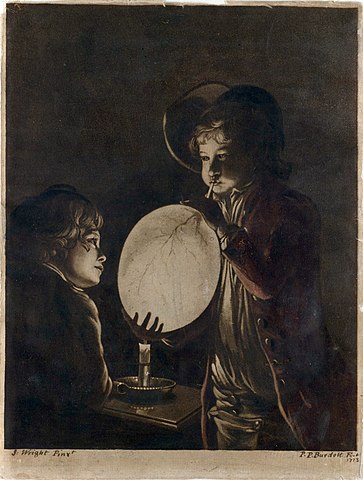

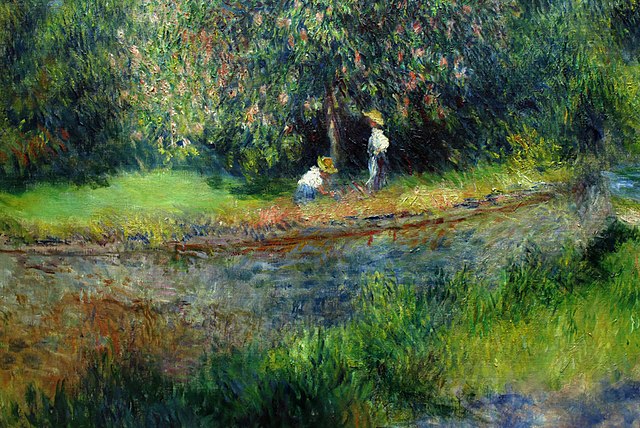

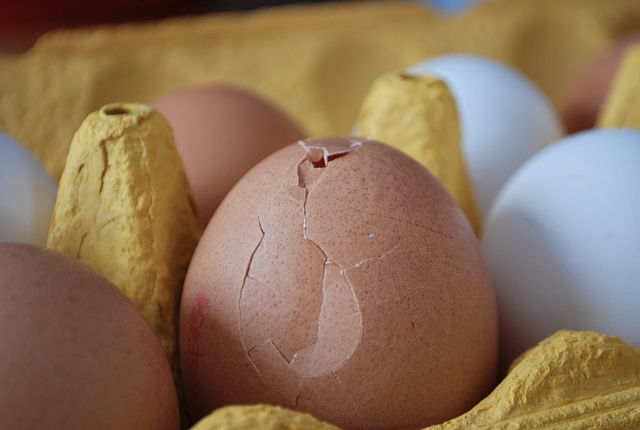
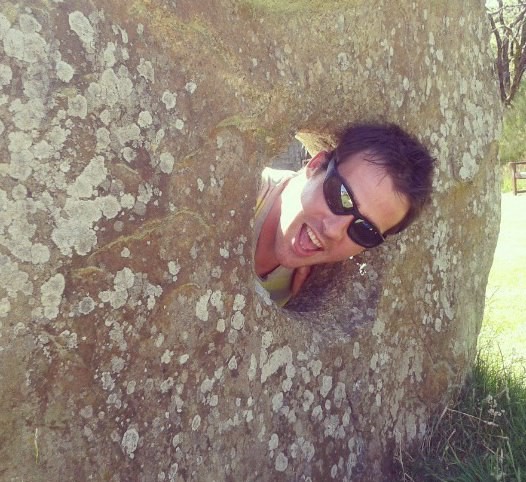

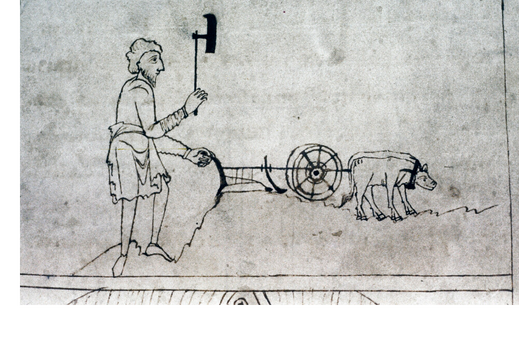
Commentary for Lorsch Riddle 6
NEVILLEMOGFORD
Date: Mon 07 Jun 2021Matching Riddle: Lorsch Riddle 6
There’s no riddles… like snow riddles… like no riddles I know!
Lorsch Riddle 6 is one of two riddles in the collection that are written from an observer’s point of view—the other is Lorsch Riddle 8. It uses the first person alongside the perfect tense, which gives the impression that the speaker is recalling a singular, miraculous event that they witnessed. This is an example of riddling misdirection, since snow in most of the British Isles is a common, seasonal affair. As with other medieval riddles that employ this technique, this may be intended to show the reader that prosaic events can also be marvellous. Thus, we come to realise that the everyday natural world is just as full of miracles as the pages of the Bible or the stories of the saints. We still find this attitude in our cultural works today, for example, in popular science books and television programmes. I also have a far sillier example: the song “Miracles” by the Insane Clown Posse (which includes profanity in places). This curious ditty has rightly been a target of internet ridicule for its ridiculous lines about the natural world, such as “Flipping magnets, how do they work?” But the idea that the song expresses (very badly!) is that everyday events can be miraculous. So, there is a link between an early medieval Latin riddle and the Insane Clown Posse—who would’ve thought it!
There are a few things for #Latingrammar fans to note in this riddle. Firstly, a few of the pronouns and adjectives used to describe the snow are masculine (quondam, infixus), whereas the others are feminine, in agreement with the grammatical gender of nix (“snow”). Secondly, the deponent infinitive dilabi is rendered as a regular infinitive, dilabere, here. Thirdly, there is a very typical medieval use of the gerund in line 6 (infixus terrae stabilis manendo), with the sense of “while it lasts…” rather than “by lasting...”
In terms of content and narrative rather than grammar, this riddle is very straightforward—it is largely descriptive. Snow falls from the clouds onto the houses. It is soft and smooth. And it covers the earth for a time. And there’s snow more to say about it, really!
Related Posts:
Lorsch Riddle 8